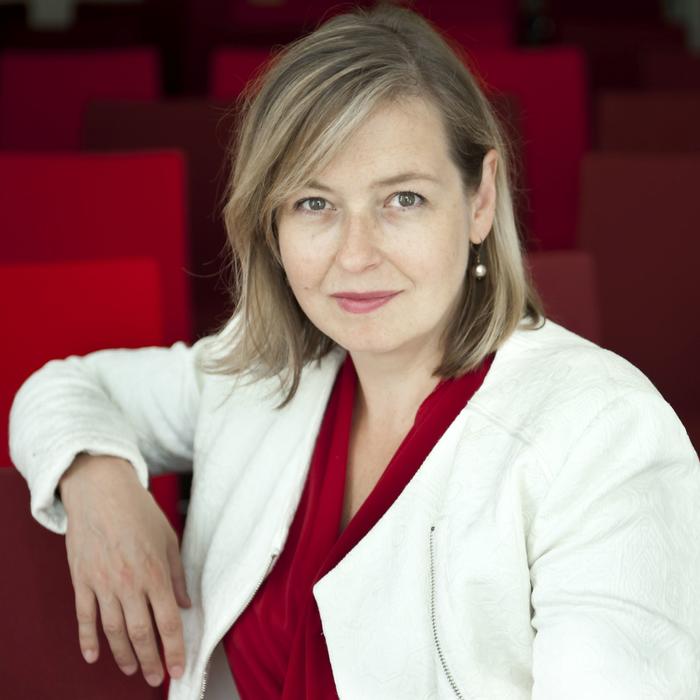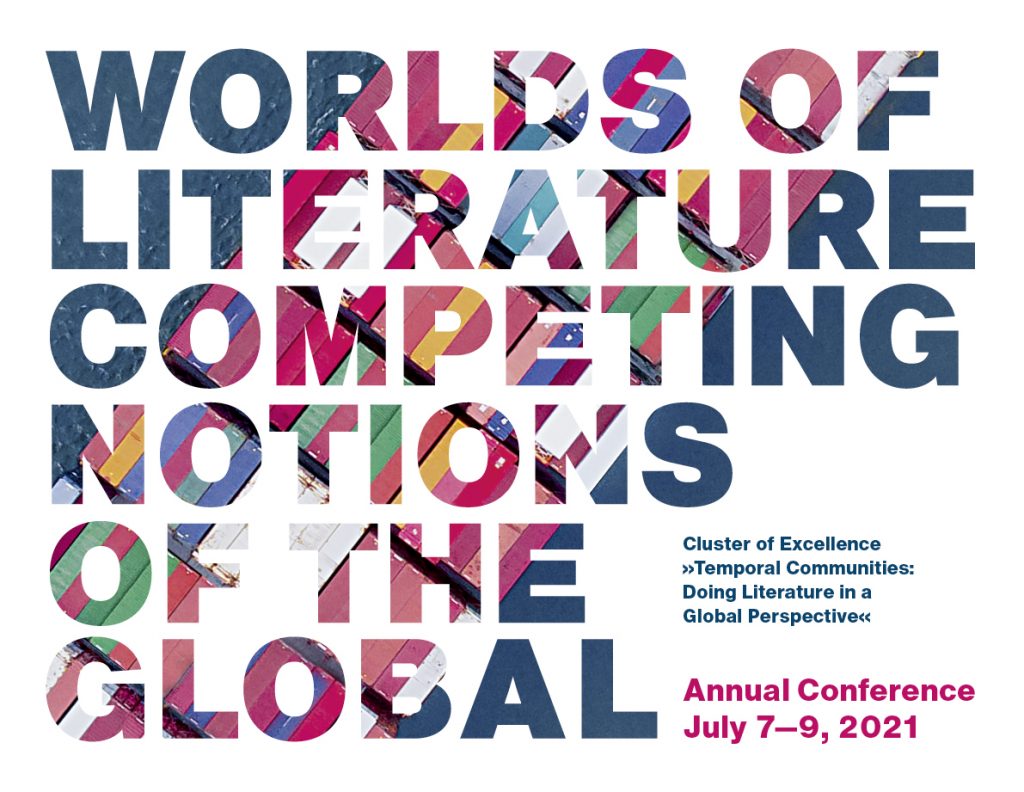“Temporal Communities: Connecting the Dots”
7 July 2021.
Presented in Part 2 of the Panel “Competing Notions of the Global” moderated by Jasmin Wrobel. 19:00 – 20:30 (Berlin time).
Every attempt at constructing worlds of literature has to reckon with two elusive variables: world and literature. “Temporal communities” has been introduced in response to some dilemmas in the debate about world literature, in particular with a view to its temporal and transcultural dimensions. Conceiving of literature as a practice that informs and, at the same time, emerges from communities that involve both human and non-human actors entails a notion of literary history as a relational history. Within such a framework, we shift our focus of attention from entities to their interconnectedness, or from nodes to edges, as the idiom of network analysis would suggest. Aiming at a cross-temporal design of ‘connectedness’, modelling temporal communities is not about delineating static patterns, but rather about grasping the adaptivity of connections triggered by and forged through literature. Yet how do we connect the dots? In my talk, I will propose ‘serendipity’ as both a historical case study and as a pattern which connects. Other than current acceptations of the term might suggest, however, this will not be about chance, but about challenging narrative frames such as transmission or reception.
Introduction by Jasmin Wrobel, Postdoctoral Reseacher RA 4 “Literary Currencies”

Anita Traninger is Full Professor of Romance Literatures with a focus on rhetoric and co-director of the Cluster of Excellence 2020 “Temporal Communities: Doing Literature in a Global Perspective” at Freie Universität Berlin. Her research focuses on the history, theory, and practice of rhetoric, on transcultural entanglements of literature and discourses of knowledge from the late Middle Ages to the 19th century, and on the history of books, media, and genres, especially with regard to the praxeology of reading and the archaeology of the digital.
Anita Traninger has lectured at universities in Europe, Asia, and the United States and has been a fellow in residence at the Netherlands Institute for Advanced Study, a Global Humanities Senior Fellow at Harvard University, and most recently elected a visiting fellow at All Souls College, Oxford.
At the Cluster, she heads Research Area 5 “Building Digital Communties” and directs or contributes to projects on mediality and the global Enlightenment; arts of memory and assemblage; digital authorship; and serendipity and literary connectivity.
She is presently preparing three book projects which are at various stages of development: the first, on “Personae: Scholars Speaking in Character in the Early Modern Period”, is connected to a larger interdisciplinary project on the freedom of speech in a historical perspective.
Another, tentatively called “Patterns”, will offer a fresh perspective on global literary history as a relational history. Inspired by digital approaches and in particular network analysis, it will focus on five modes of connection that underpin literature’s power to signify across time and space.
And, third, an edited volume on the role reviews in the early periodical press played in shaping the notion of world literature will be published with De Gruyter later this year.
Books (selection):
Copia / Kopie: Echoeffekte in der Frühen Neuzeit, Hannover: Wehrhahn 2020.
The Figure of the Nymph in Early Modern Culture, ed. with Karl A.E. Enenkel, Leiden: Brill 2018.
Wissen in Bewegung. Institution – Iteration – Transfer, ed. with Eva Cancik-Kirschbaum, Wiesbaden 2015.
Discourses of Anger in the Early Modern Period, ed. with Karl A.E. Enenkel, Leiden: Brill 2015.
The Emergence of Impartiality, ed. with Kathryn Murphy, Leiden: Brill 2014.
| At-a-glance Programme | About the Conference |
| Full Presenter List | Participant Registration |
